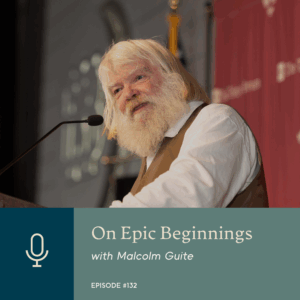After watching President Obama's press conference, Democrats who are still left standing must have been mortified. The depth of his self-delusion was stunning.
To put things in perspective: the Democratic Party just suffered the worst repudiation any political party has since before the middle of the last century. The defeat was staggering in the House (where Republicans will net more than 60 seats), in the Senate (+6 for the GOP), and in races for governorships (where the GOP has a net gain of six, with a couple of contests still outstanding). Republicans also took control of at least 19 legislative chambers and gained more than 500 legislative seats. No region in America, not even the Northeast, was untouched by the Republican wave.
If you listened to the president, though, the “shellacking” was because of process rather than substance. ObamaCare, he assured us, is a sparkling, wondrous law; the only downside to it was the horse-trading that went on to secure its passage. They would be “misreading the election,” the president helpfully informed Republicans, if they decide to “relitigate the arguments of the last two years.”
The message from the voters, according to Obama, is that The Car (to use his beloved, overused analogy), while still in the ditch, is undeniably moving in the right direction. We just have to go faster than we are. Democratic losses can be explained because they lost the optics war: in pursuing so many wise and prudent policies all at once, you see, the hyperactive president and his administration only appeared as if they were profligate spenders and champions of big government. And what Mr. Obama most needs to do, we learned, is to get out of “the bubble” (read: Washington) more than he has. A few more trips to Idaho and Wyoming, it seems, and all would be right with the world once more.
And what set of Obama remarks would be complete without the requisite lecturing — in this case, on the importance of “civility in our discourse” and the importance of being able to “disagree without being disagreeable.” This admonition comes after Obama, during the last few days of the campaign, referred to his opponents as “enemies,” hinted that the Tea Party Movement is tinged with racism, charged Republicans with being dishonest, and accused, without a shred of evidence, the Chamber of Commerce of using illegal money to support Republican candidates across the country. But never mind. After his victory in 2008, Obama's message to Republicans was: “I won.” Today, after his party was throttled, Obama's message is: “Come let us reason together.”
What we saw today was less a president than a dogmatist — a man who appears to have an extraordinary capacity to hermetically seal off events and evidence that call into question his governing philosophy, his policies, and his wisdom. The election yesterday was above all a referendum on the president's policies, yet his big takeaway was not to relitigate his agenda. He speaks as if he's a lawyer rather than a lawmaker.
There was, to be sure, a concession here and there, around this edge and that. But one could not come away from Obama's press conference without feeling that there isn't anything substantive he would change about the past two years — that at the core of his problems is the inability of the polity to more fully apprehend his greatness.
“During my four years at Oxford I read hard, and finished with a considerable stock of miscellaneous knowledge,” Lord Tweedsmuir wrote in his memoirs. “That mattered little, but the trend which my mind acquired mattered much. … More and more I became skeptical of dogmas, looking upon them as questions rather than answers. … The limited outlook of my early youth had broadened.”
It is the trend of Obama's mind — rigid, ideological, and self-justifying — that should worry Democrats. The author of one of the worst political debacles in American history seems to have learned almost nothing from it.
Peter Wehner is a senior fellow at the Ethics and Public Policy Center in Washington, D.C. He served in the Bush White House as director of the office of strategic initiatives.

